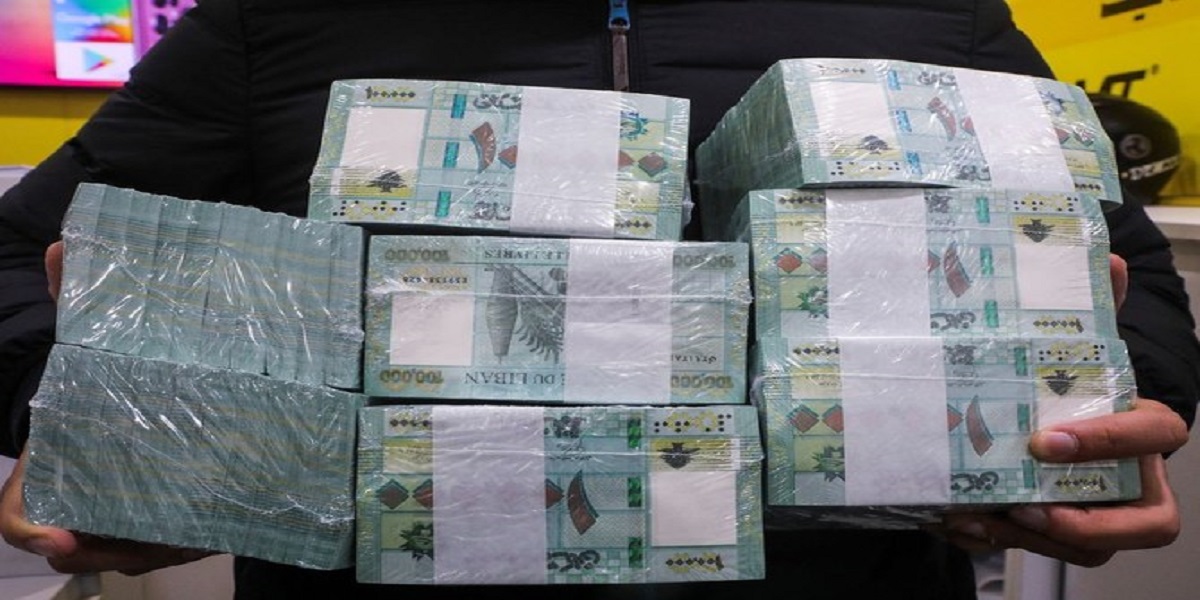Protests against a draft capital control bill were conducted in Beirut on Tuesday, as parliamentary committees debated the proposed legislation.
Formal capital controls are a policy suggestion of the International Monetary Fund, and Lebanon intends to gain IMF assistance following the collapse of the country’s financial system in 2019, crippling the banking sector and locking depositors out of their US dollar accounts.
Depositors congregated near parliament to prevent Members of Parliament from attending the session. Members of the Syndicates of the Free Professions also staged sit-ins at their headquarters in protest of the proposed bill.
They contended that the move was unfair against depositors, whose they claimed were being made to bear the brunt of the country’s economic difficulties and corruption.
“One of the most unethical concerns in Lebanon is depositors’ money,” said Nader Kaspar, president of the Beirut Bar Association. It is the quintessential national, humanitarian, and social concern. We lost our whole life savings, and now, more than two years later, they want to discuss capital control. The banks remained open, while the owners retained their private aircraft and opulent houses. Now they want to discuss redistributing losses without any solid plans? A strike is insufficient. There is a constitution to be followed, and we will not accept legislation that legitimizes seizing people’s money.”
“Touching depositors’ money is prohibited,” the Federation of Syndicates of Bank Employees in Lebanon stated. The federation will take part in any action taken to combat those attempting to seize people’s money.”
The Syndicate of Lebanese Press Editors also opposed the attempt to enact a capital control measure, as well as the continuation of limits on union deposits and money, as well as banking restrictions.
“The unions have savings in banks, and there are mutual funds that have huge deposits in banks, which are subscriptions and contributions to assure people’s pensions,” syndicate chairman Joseph Kossaifi explained. Does this suggest that almost a million people’s money has vanished?”
The Association of Banks in Lebanon stated in a letter to Prime Minister Najib Mikati that “the IMF’s plan to make banks endure losses is unjust, especially as the idea to charge a major portion of these losses to depositors entails exempting the state and the Banque du Liban from debt and losses.”
If this occurs, banks, shareholders, and depositors will sue the state and BDL, which have benefitted from the banks’ and depositors’ cash and continue to fail to find adequate solutions to the issue.”
Mikati told an ABL delegation on Tuesday that “one of the government’s economic priority is to protect depositors’ rights.” The recovery strategy places a premium on safeguarding citizens’ rights, reviving diverse economic sectors, and protecting the financial sector.”




















